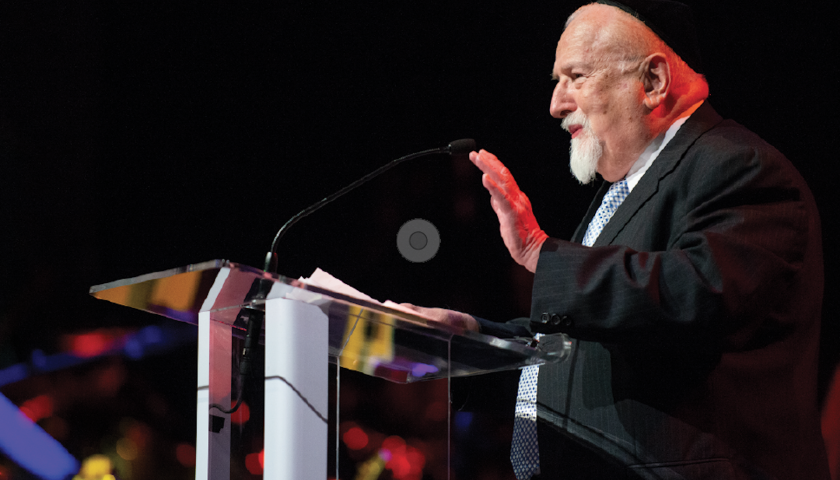An unintended lesson
By: Rabb Dr David Fox
As a teacher of Talmud, he fit the stereotype. Poised, intellectual, focused, serious. His lectures in the yeshiva were intense and deep, pushing the young men to concentrate and to absorb his explanations and contemplate his questions. I found it a challenge to get to know him, because he was self-contained, in his own league. He modelled authority, was candid and perceptive, but in our one-on-one interactions, I found him self-assured and not engaging. As a post-high school student, far from home, I occasionally had free time when my classmates were with their families and I was alone in the dormitory. I offered to accompany him on his walks home in order to probe his thinking on many topics. I found him receptive in general, but there was a self-protective edge to him.
Over the course of time, however, I got a glimpse into his interests. He shared elements of his own upbringing, enlightened me about his precocious accomplishments as a younger man, and entertained me with anecdotes about great Talmudists and rabbinic sages whom he had known. I did not find him pronouncedly spiritual, nor overly effusive in his orientation towards others, but he was a solid person, very dedicated to his lectures, and in that way, was a partial role model for me. Years later, in developing my own lecture style, I would find myself mimicking or utilising some of his own approaches to pedagogy, and realised that he had made some positive impression on me, despite the almost austere demeanour which I had encountered so often.
And looking back over the decades, I realise that what had truly impacted me was not his erudition. It was not his mastery of the Talmud nor his skills in sharing his ideas. The creative logic and the witty remarks had been exciting, but those had not really moved me. It was a single incident that had shaped my attitudes with regard to this rabbi.
I was one of a small number of students who possessed a license to drive. On occasion, I would be asked to run an errand for the yeshiva, which I would usually do after hours, borrowing a vehicle and driving wherever I was sent. It was a particularly late night when I drove into a section of the city to pick up something for one of the office staff. Some of my close friends asked me to pick up a few things for them as well, which I was glad to do. In fact, one of them accompanied me on the drive. It was approaching midnight and, being a stranger to the area as an out-of-towner from California, my friend directed me along the various streets and avenues. We were parked in the dark, ready to head back.
Suddenly, he whispered, “Look at that! I can’t believe it.”
A car had pulled in front of a house. A passenger got out, ran up some stairs, dropped some packages at the door, then darted back to the car, which sped off. My friend recognised the house as belonging to a very poor couple. They had lost their income and were destitute and struggling. My friend lived in that neighbourhood and was aware that a hidden benefactor had been providing for them secretly. No one knew the person’s identity and the generous individual chose to remain anonymous. The person who had dropped off the package was quietly providing food and funding for them. Given the late hour, it was easy for the person’s identity to remain hidden, in that there were no pedestrians on the sidewalks and no cars traveling the quiet streets at such a late hour.
The car which I had been driving had been parked at a curb, unnoticed. That is when this other vehicle crawled along and the passenger alighted to deliver his anonymous gifts. We knew the identity of the clandestine donor. It was our Talmud instructor.
King Solomon writes in Proverbs that, “An anonymous gift will cover up anger” (21:14), and he also writes (10:2; 11:4) that, “Charity will save from death.” What became clear to me over the years was that more than his educational teachings had inspired me, his moral example had impressed me. The hidden acts of caring, the loving kindness beneath the radar of scrutiny, were in marked contrast with his public persona. The lessons which he did not know that I had learned are the ones which keep his memory alive.




